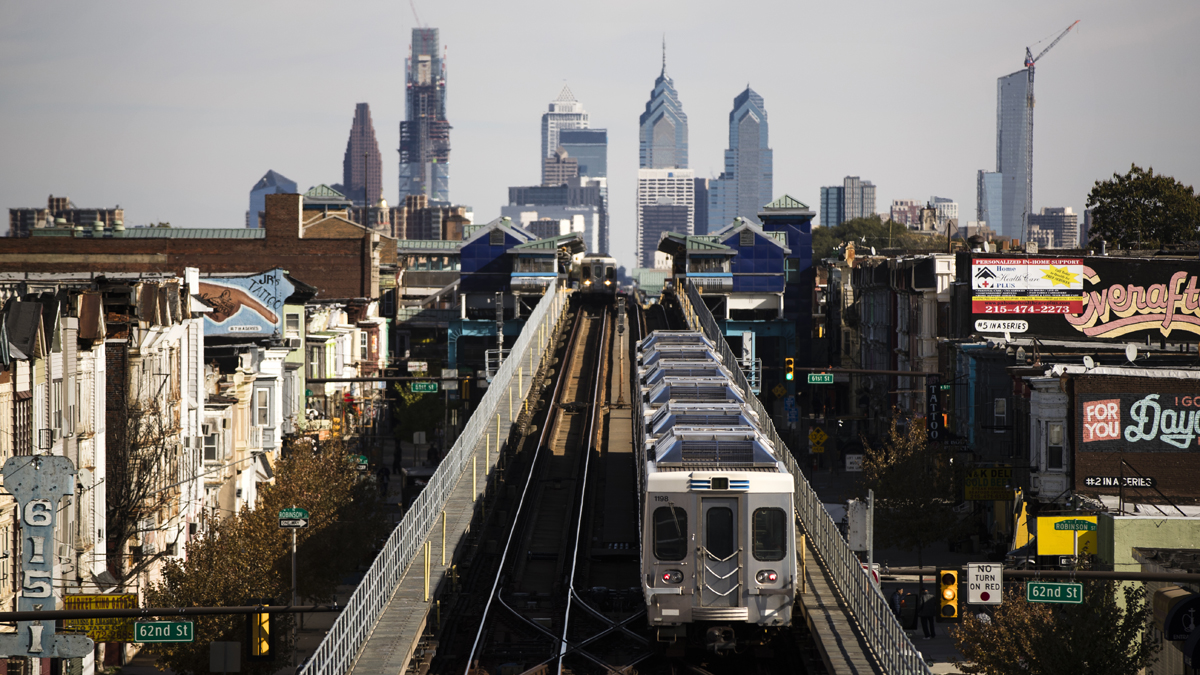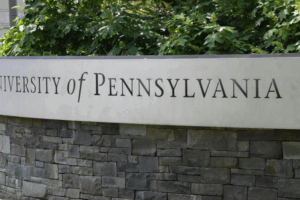Public hearings are set for December as SEPTA faces financial struggles.
This week, SEPTA unveiled a proposal to raise fares by over 20% across all payment methods, with the possibility of rates climbing nearly 30% in total by January 1, 2025. This price hike is paired with significant service cuts that the transit agency plans to implement in early 2025 in an effort to address a budget deficit reportedly exacerbated by the pandemic and ongoing financial pressures.
SEPTA’s Chief Operating Officer, Scott Sauer, expressed frustration with the lack of state support, which he says has left the agency with little choice but to increase fares and scale back service. “For the last two years, we have urged action in Harrisburg so that we could avoid these draconian measures,” Sauer said. “We were hopeful a solution would come this fall, but it has not materialized. We now have no choice but to move forward with a proposal for major fare increases and service cuts. This is going to be painful for all of our riders and will have major economic and social impacts on our city, region and the Commonwealth as a whole.”
The fare increases, combined with the planned reductions in service, will result in an overall cut of 20% in transit availability across buses, trolleys, and trains. SEPTA anticipates the elimination of several routes and reduced frequency on others. Additionally, SEPTA’s “Bus Revolution” overhaul, which aimed to modernize the bus network, will be postponed indefinitely.
The fare hikes, which are expected to generate around $50 million in new revenue annually, come as SEPTA faces a budget deficit of over $240 million for the current fiscal year. Although ridership has been recovering as more people return to work, rising inflation and increased operational costs have made it difficult for the agency to balance its budget.
“SEPTA has had service challenges coming out of the pandemic due to staffing shortages, but we have made great progress and serve a critical role in getting people to work, school, medical appointments, and everywhere in-between,” Sauer added. “We cannot confidently say that riders will be able to count on us for these critical daily trips in the future—let alone look to SEPTA to support major events such as those planned for 2026 or emergency service as we did last year after the I-95 collapse.”





